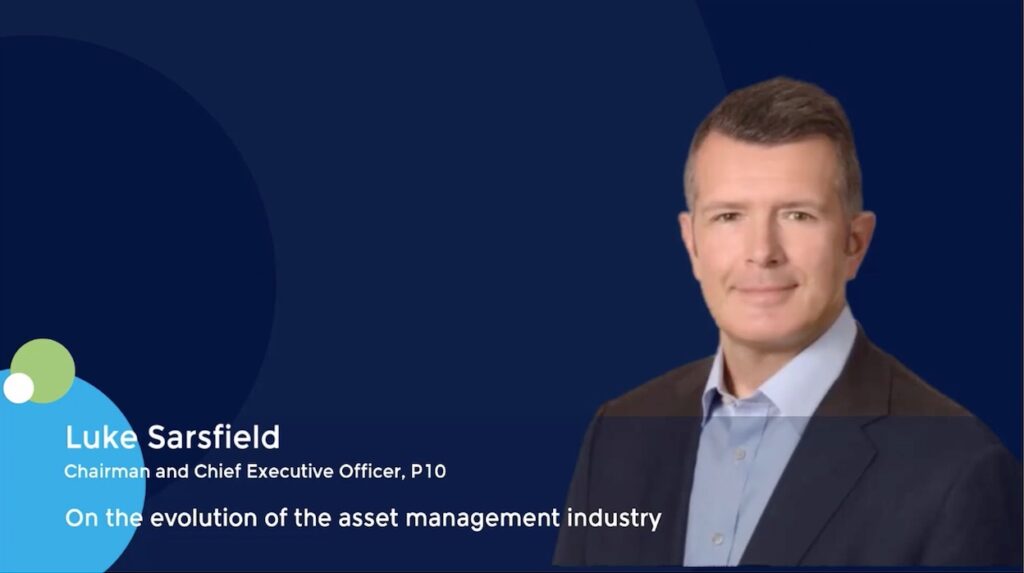Gaja Capital endorses Weaver’s buy-and-build approach to Indian housing finance
Gaja Capital claims to have found a way around rich valuations in India’s non-banking financial company (NBFC) segment: get in early on an emerging buy-and-build.
Last week, the private equity firm participated in a USD 170m round for Weaver Services led by Lightspeed and Premji Invest. The deal, structured as a management buyout, is a significant milestone in terms of helping the housing finance specialist stand on its own two feet. Gaja has been involved from the outset, even before the official launch of the service in 2024.
“When you are investing in spaces that are very richly valued, like NBFCs, what management buyouts give you is an opportunity to invest at a reasonable valuation because you’re really putting together the entire business from scratch,” said Gopal Jain, a managing director and CEO of Gaja.
“We had to devote a tremendous amount of time and bandwidth to this project. This is how you create a proprietary deal at a reasonable valuation – you build value rather than pay for value.”
Weaver is led by housing finance industry veterans-turned-entrepreneurs. Gaja has spent the past two years helping them with everything from conceptualisation to business plan development, a role likened to incubation. Weaver appealed because it is no ordinary start-up: the strategy was always rooted in using M&A to accelerate the pursuit of scale.
Last October, Gaja and Lok Capital joined an investor group that committed INR 8bn (USD 91m), partly to fund the INR 2.67bn acquisition of Capital India Home Loans. Last week, Weaver doubled down, announcing the acquisition of Centrum Housing Finance from Centrum Capital for INR 4.2bn.
Securing regulatory approvals for such deals can be elaborate and time-consuming, Jain said, due to the highly regulated and structured nature of India’s affordable housing sector. Weaver was able to move early and quickly. Now, the company will leverage its industry expertise to drive organic growth through the consolidated platform.
This industry expertise largely derives from Housing Development Finance Corporation (HDFC). Weaver’s founder, Satrajit Bhattacharya, was previously an executive there, and he has recruited others from the organisation. Other recent additions include Anil Kothuri, ex-CEO of Fedbank Financial Services. He is now CEO of Weaver, with Bhattacharya serving as vice chairman.
Finding an edge
Gaja’s NBFC debut came in 2017 when it led an INR 960m funding round for Kinara Capital, which primarily lends to small businesses. It re-upped in an INR 1bn round in 2019. More recently, the firm has seen housing finance-focused NBFCs come to the fore. Investors have backed the likes of Basic Home Loan, Vridhi Home Finance, Easy Home Finance, and Vastu Housing.
Amid this rising competition, Jain believes Weaver has three key distinguishing characteristics: the quality of its board and management team, recently augmented across functions such as finance, risk management, and credit; its strong cap table; and its artificial intelligence-driven (AI) capabilities.
Jain emphasised the importance of being well-capitalised. “This gives the platform a great opening balance – especially in a sector like affordable housing, where the cost of liabilities is a significant aspect of the whole business model,” he explained.
“Weaver begins this journey as an investment-grade business, which means it can attract low-cost liabilities and therefore target assets for acquisition that are at the upper end in terms of quality.”
Technology, meanwhile, helps with front-end and back-end development. In affordable housing, where processes such as value appraisal can be more complicated than in prime housing, AI-related approaches can help streamline categorisation, evaluation, and estimation of property value.
The consolidated platform will operate under the name People Home. As of next month, Weaver will also adopt this brand.
In addition to further M&A and technology development, the new funding will help Weaver extend its reach into tier-two and tier-three cities, which have the most critical gap in affordable housing. The company offers home loan products tailored for both salaried and self-employed individuals.
Rural-urban migration, which is concentrated in these tier-two and tier-three cities, is a key demand driver. It contributes to an INR 40tn market for affordable housing, based on an estimated housing shortage of 100 million units, according to Jain.
“The total addressable market is huge, so there is an opportunity to build a scaled business with profitability in a reasonable period,” he added.













